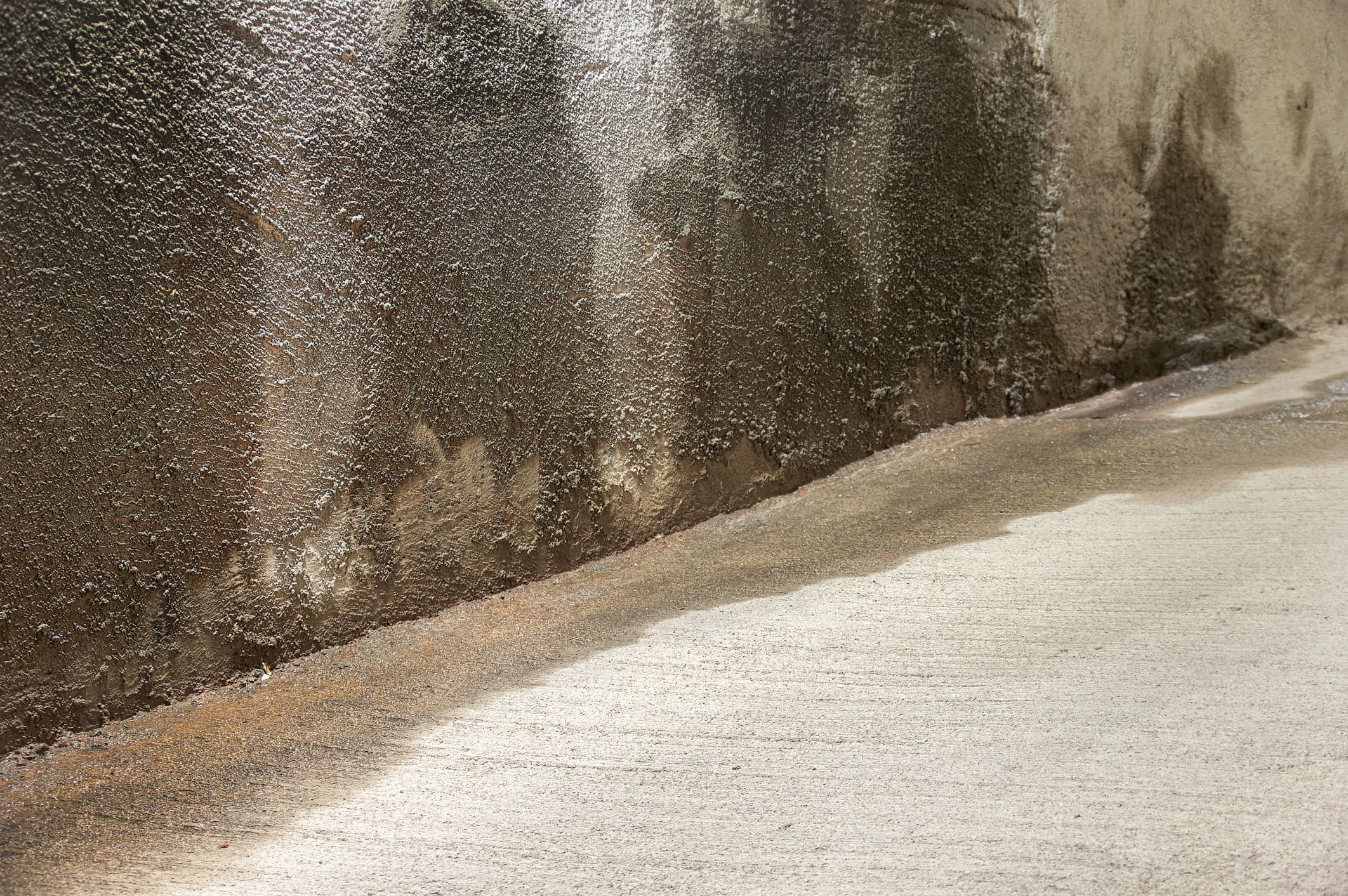Resources
How to Waterproof a Basement Wall

A dry and watertight basement is crucial to maintaining a healthy and structurally sound home. Basement waterproofing is a process that prevents water from seeping into your basement, protecting it from potential damage and mold growth. If you’re facing moisture-related issues, Michigan Basements is here to provide you with expert guidance on how to waterproof your basement walls effectively.
Identify the Source of Moisture:
Before you start waterproofing your basement walls, it’s essential to identify the source of moisture. Is the water seeping in through cracks, gaps, or foundation issues? Are there issues with poor drainage around your home? Identifying the root cause will help you determine the most appropriate waterproofing solution. Michigan Basements recommends conducting a thorough inspection to pinpoint the areas that need attention.
Repair Cracks and Gaps:
Cracks and gaps in your basement walls can be pathways for water to infiltrate your space. To effectively waterproof your basement, start by repairing any visible cracks. Use hydraulic cement or epoxy injection to fill the cracks and prevent water from seeping through. Michigan Basements’ experienced professionals can assess the severity of the cracks and recommend the best repair method.
Exterior Waterproofing:
One of the most effective ways to waterproof your basement is by addressing the issue from the outside. Exterior waterproofing involves excavating the area around your foundation, applying a waterproof membrane, and ensuring proper drainage. This method not only prevents water from reaching your basement walls but also protects the foundation of your home. Michigan Basements specializes in exterior waterproofing solutions tailored to your specific needs.
Interior Waterproofing:
Interior waterproofing focuses on managing water that has already entered your basement. Installing an interior drainage system, such as a French drain, can redirect water to a sump pump, effectively preventing it from causing damage. This method is particularly useful when exterior waterproofing isn’t feasible. Michigan Basements can advise you on the best interior waterproofing system to suit your basement’s layout.
Apply Waterproof Coatings:
Waterproof coatings provide an additional layer of protection to your basement walls. These coatings create a barrier that repels water, preventing it from permeating through the walls. There are various types of waterproof coatings available, such as cementitious coatings, epoxy-based coatings, and elastomeric coatings. Michigan Basements can recommend the most suitable waterproof coating based on your specific requirements.
Maintain Proper Drainage:
Good drainage is essential to keeping your basement dry. Ensure that your gutters and downspouts are clear of debris and direct water away from your foundation. Poor drainage can lead to water pooling around your home, increasing the risk of basement flooding. Regularly maintaining and cleaning your drainage systems is a simple yet effective way to prevent water-related issues.
Seal Gaps and Openings:
Sealing gaps and openings around windows, doors, and utility penetrations is another crucial step in waterproofing your basement. These gaps can serve as entry points for water and moisture. Use weatherstripping, caulking, and foam sealants to seal these gaps effectively. Michigan Basements can help you identify and seal potential entry points in your basement.
Conclusion: Waterproofing a Basement Wall
When it comes to maintaining a dry and safe basement, waterproofing your walls is a necessity. By identifying the source of moisture, repairing cracks, considering exterior and interior waterproofing options, applying waterproof coatings, and maintaining proper drainage, you can significantly reduce the risk of water-related issues in your basement. Michigan Basements is dedicated to providing you with expert advice and tailored solutions to ensure the well-being of your basement and your home as a whole. Remember, a well-protected basement is an investment in the longevity of your property.


